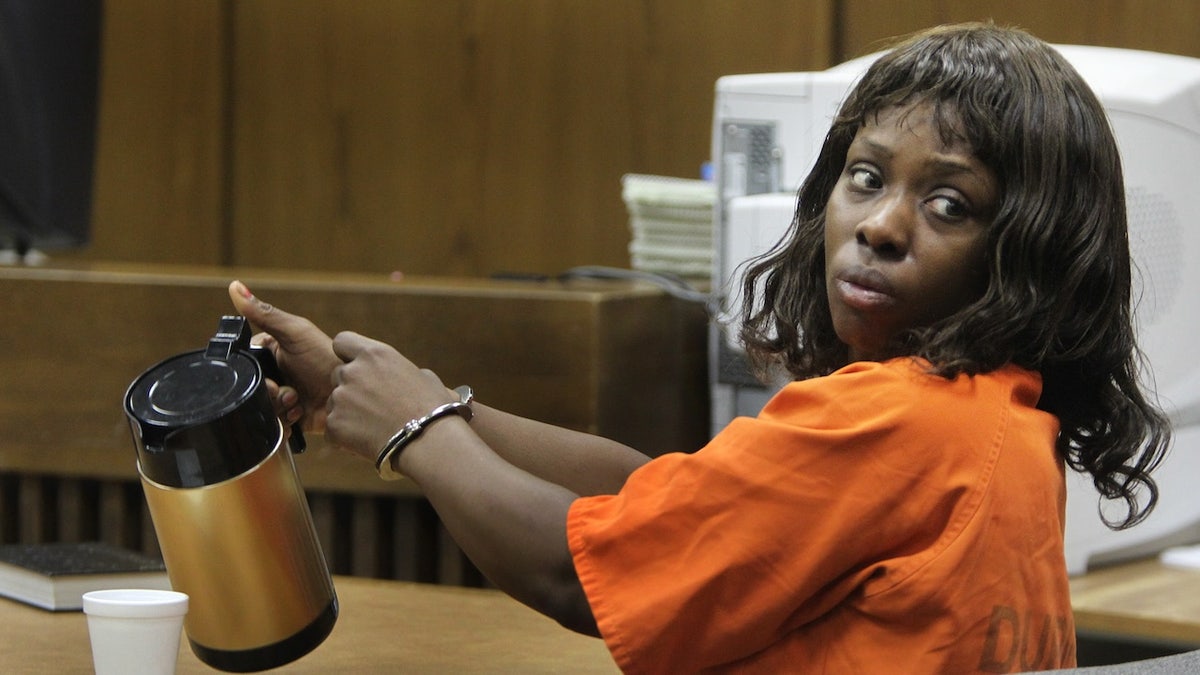In a recent interview, Crystal Mangum confessed to fabricating the rape allegations against three Duke University lacrosse players that ignited a national controversy in 2006. Speaking on the independent media platform "Let's Talk With Kat," Mangum admitted to giving false testimony, expressing remorse for betraying the trust of those who believed her. She attributed her actions to a desire for external validation rather than seeking it from a higher power. Currently incarcerated for the murder of her boyfriend, Mangum's false accusations led to the players' arrests, sparked discussions about race and privilege, and ultimately resulted in the cancellation of the team's season. The three accused players, David Evans, Collin Finnerty, and Reade Seligmann, were later exonerated. However, due to concerns about her mental state at the time, Mangum was not charged with perjury. The statute of limitations on such charges in North Carolina further prevents any legal action against her now. The case's lead prosecutor, then-Durham County District Attorney Mike Nifong, was subsequently disbarred in 2007 for withholding DNA evidence favorable to the defense. Despite previously maintaining some ambiguity about the events of that night in her 2008 book "Last Dance for Grace: The Crystal Mangum Story," Mangum’s recent confession marks a significant development in the long and complex saga. Mangum's history includes a 2011 indictment on charges of first-degree murder and larceny, as well as a prior conviction for setting a fire that endangered her three children. Her background, as detailed in North Carolina Department of Corrections records, reveals a troubled past. Born in 1978 to a truck driver, Mangum also reported a previous incident in 1993, alleging she was kidnapped and assaulted. Vincent Clark, a friend who co-authored Mangum’s memoir, expressed hope that people would avoid rushing to judgment, emphasizing the importance of understanding the complexities of her situation and acknowledging her mental health struggles. This sentiment echoes a key lesson from the lacrosse case itself, urging caution and empathy in such sensitive situations.











